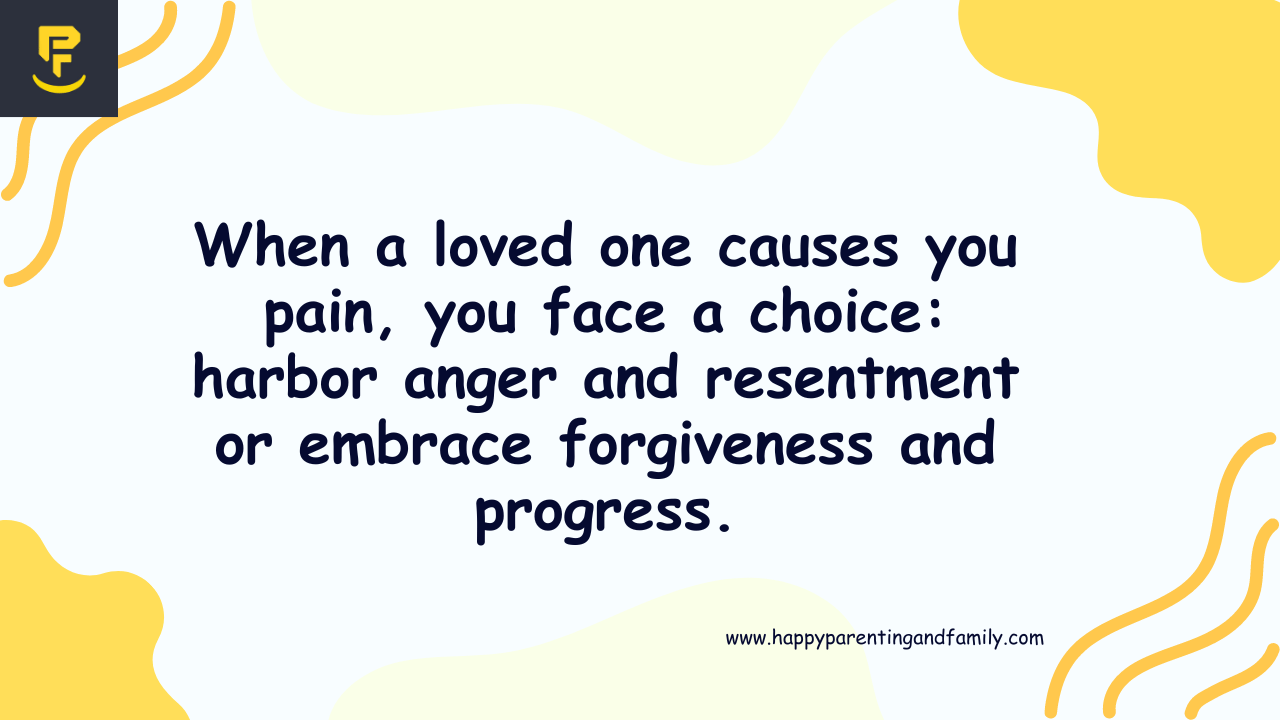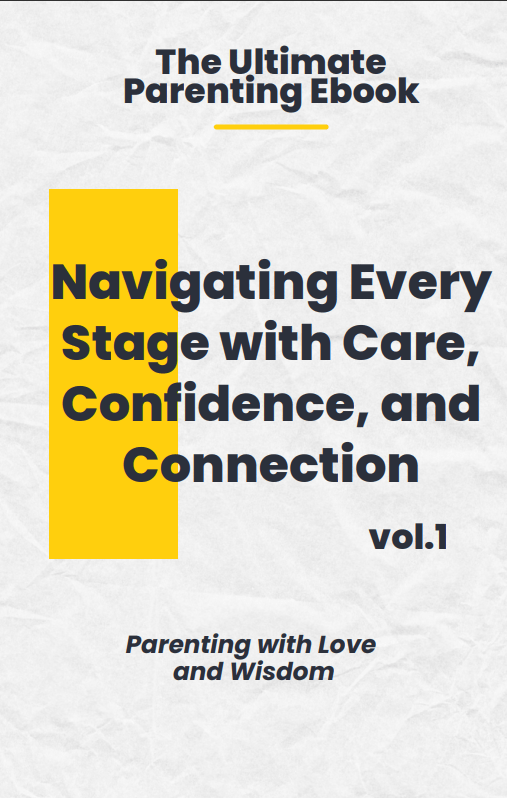Ready to mend past hurts and strengthen your relationship with parents? Dive into our guide for practical tips and heartfelt advice.

Struggling with the complex dynamics of the relationship with your parents in adulthood? Ever find yourself stuck in the past, nursing old grudges against your parents? It’s a common struggle as we navigate the maze of adulthood. But what if I told you there’s a way to turn those grudges into opportunities for growth and connection? Today, we’re embarking on a journey of transformation, exploring how to rebuild and redefine our relationships with our parents in adulthood. Join me as we unravel the complexities, discover practical strategies, and pave the path toward healing and reconciliation. It’s time to let go of the past and embrace a brighter future with our loved ones.
In This Blog
ToggleFirstly: Understanding Childhood Resentment
In the realm of adult relationships, the echoes of relationships with parents often reverberate, subtly shaping our interactions with our parents. Though rooted in the past, these grudges wield significant influence over our present dynamics. Recognizing their impact is the first step toward understanding the complexities of our relationship with parents. These grudges, often born from parenting mistakes and past hurt, and misunderstandings can manifest in various ways, coloring our perceptions and interactions. Exploring their root causes requires a journey into our past, a deep dive into moments of pain and disappointment that have shaped our views. Yet, amidst the shadows of resentment, lies an opportunity for a transformative shift in perspective. By acknowledging our parents’ fallibility, and recognizing their humanity, we begin to unravel the tangled web of resentment. Seeing them as individuals who, like us, are prone to parenting under the influence, allows for empathy to flourish. It’s a journey of healing and growth, one that requires courage and introspection, but ultimately paves the way toward rebuilding and nurturing a healthier relationship with parents.
Secondly: Following Strategies for Rebuilding the Relationship with Parents
In rebuilding the relationship with parents, implementing effective strategies is essential for fostering understanding and mutual respect. Open and honest communication serves as the foundation for bridging gaps and resolving conflicts. By expressing our feelings and needs openly, we create a safe space for dialogue and validation. Setting boundaries is equally crucial in establishing healthy relationship dynamics. It involves clearly defining limits and expectations to maintain respect and autonomy while navigating the complexities of the parent-child dynamic. Fostering mutual respect is another key component, emphasizing the value of honoring each other’s perspectives and choices. By recognizing and appreciating the uniqueness of each individual, we cultivate a sense of mutual respect that strengthens the bond between parents and children. By parenting wisely and addressing concerns proactively, we pave the way for a harmonious and fulfilling relationship with our parents, characterized by understanding, support, and mutual growth.
Thirdly: Embracing Forgiveness and Growth
In the journey of nurturing our “relationship with parents,” embracing forgiveness and growth plays a pivotal role. Letting go of resentment is not merely an act of kindness towards our parents but a profound act of self-healing. Forgiveness holds the power to release us from the shackles of parenting guilt and free us to pursue our parenting goals unburdened by past grievances. Cultivating empathy is another vital aspect of this journey, as it enables us to see beyond our own experiences and understand the challenges and perspectives of our parents. By walking in their shoes, we gain insight into the complexities of their parenting journey and foster a deeper connection. Finding common ground is the cornerstone of building bridges to better communication. It involves actively seeking areas of agreement and understanding, fostering an environment of mutual respect and openness. Through forgiveness, empathy, and finding common ground, we pave the way for growth and transformation in our relationship with parents, fostering deeper understanding, and fostering mutual respect.
Finally: Nurturing a Stronger Connection
Nurturing a stronger relationship with parents involves celebrating progress and embracing imperfection along the way. We reinforce the importance of growth and resilience by recognizing positive steps in the relationship, such as improved communication or increased understanding. Creating new memories together is another powerful way to strengthen bonds and foster connection. Whether it’s sharing a meal, taking a walk, or engaging in a hobby, finding joy in shared experiences builds lasting connections and creates meaningful moments. Embracing imperfection is essential in accepting parent-child relationships as evolving entities. By acknowledging that relationships have ups and downs and that mistakes are a natural part of the journey, we cultivate compassion and empathy, fostering a deeper sense of connection and understanding. By addressing parenting concerns proactively and nurturing our relationships with our parents, we create a foundation of love and support that enriches our lives and strengthens family bonds.

Conclusion
In conclusion, rebuilding the “relationship with parents” is a journey of growth and reconciliation that holds immense value. By acknowledging the challenges and double standards inherent in parenting, we can empathize with both our parents and ourselves, paving the way for healing and understanding. Encouraging action is vital, empowering readers to take proactive steps towards growth and reconciliation. Whether it’s initiating an open and honest conversation or seeking support from a therapist or counselor, every effort counts towards fostering stronger and healthier relationships. Despite the challenges, it’s essential to inspire hope in the potential for positive change. By committing to ongoing communication, empathy, and forgiveness, we can transform strained relationships into sources of love, support, and understanding. Remember, every small step towards growth and reconciliation is a significant achievement, contributing to a brighter and more fulfilling future for both parents and children alike.
You may also be interested in : 23 Advice to a New Mother: Art of Not Caring What People Say
FAQs
1. Is it normal to have conflicts with parents in adulthood?
Yes, disagreements and conflicts are common as both parents and adult children navigate changing dynamics and expectations.
2. How can I overcome resentment towards my parents from childhood?
Recognizing past hurt, practicing forgiveness, and fostering open communication are key steps towards overcoming resentment.
3. What if my parents don’t acknowledge their mistakes or apologize?
Focus on your own healing and growth, seeking support from friends, family, or a therapist to process your emotions.
4. How do I establish boundaries with my parents as an adult?
Communicate your needs assertively and respectfully, setting clear boundaries to maintain healthy relationship dynamics.
5. Can rebuilding relationships with parents improve my overall well-being?
Yes, nurturing stronger connections with parents can lead to increased emotional support, understanding, and fulfillment in life.
6. What if my parents have passed away?
Even if your parents are no longer alive, you can still work on healing and finding closure through therapy, journaling, or engaging in meaningful rituals to honor their memory.
7. How can I navigate cultural or generational differences with my parents?
Approach discussions with empathy and understanding, seeking common ground while respecting each other’s perspectives and values.
8. What if I feel guilty for not having a closer relationship with my parents?
Acknowledge your feelings without judgment and focus on taking positive steps towards building a healthier relationship, one step at a time.
9. Can rebuilding relationships with parents impact my own parenting journey?
Yes, resolving conflicts and fostering stronger connections with your parents can positively influence your parenting approach and family dynamics.
10. How do I handle criticism or unsolicited advice from my parents?
Set boundaries respectfully, assertively expressing your need for autonomy while appreciating their concern and love.




